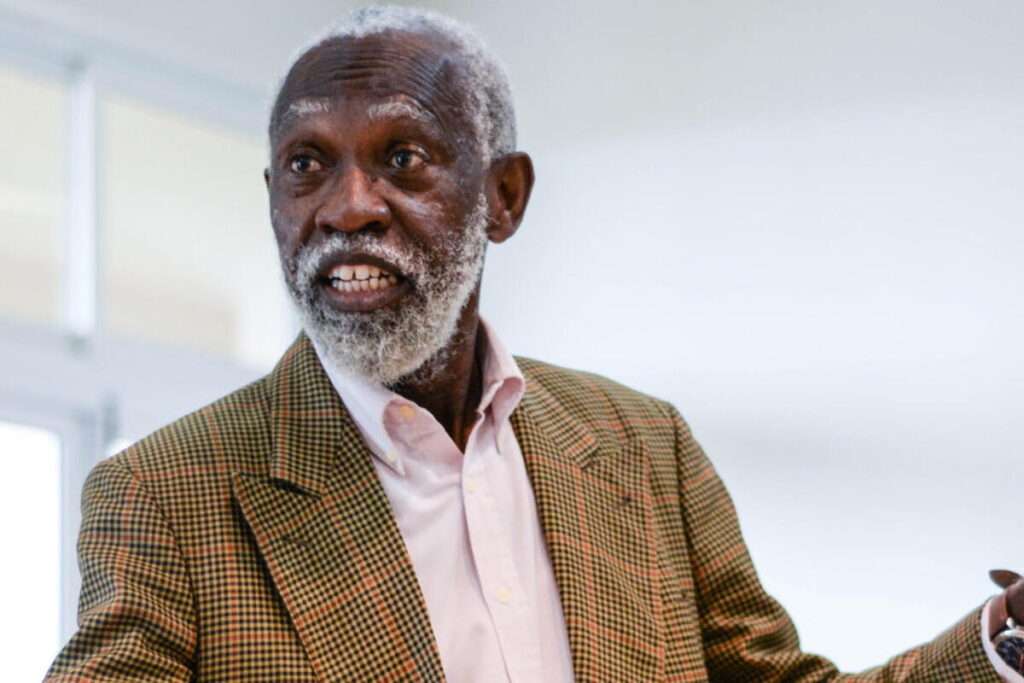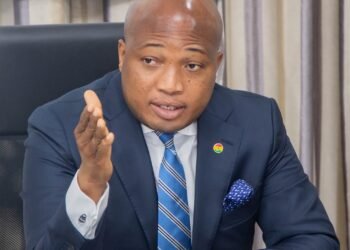There is a growing public sentiment against what several Ghanaians describe as the institutionalization of nepotism and cronyism over meritocracy by the political elite in Ghana.
This resentment has been heightened following a report that reveal and uncovers instances where state scholarships designated for the poor and needy but brilliant students were allegedly awarded to the relatives of very successful politicians in the country.
According to the report, notable political figures including relatives belonging to leading members of the ruling New Patriotic Party as well as relatives of some key public officers were given state scholarships under questionable circumstances.
While some groups of people have called for legal reforms to overhaul the country’s existing scholarship regime to prevent instances where such scholarships become susceptible to political interference, others have expressed the need for political leaders to demonstrate ethical leadership.
For most Ghanaians, who have expressed disappointment over the existing regime, their major concern is that in today’s Ghana, someone gets access to benefit from public resources or any state schemes particularly based on their connection to the political class or based on the amount of money one has in his or her pocket.
Frustration Mounts over Ghana Scholarship Secretariat’s Alleged Nepotism
A graduate from the University of Education, Winneba, sharing his personal experience on scholarship in the country, raised serious concerns over the opaque and seemingly biased operations of the Ghana Scholarship Secretariat.
According to him, despite fulfilling the outlined criteria of being a “brilliant but needy” student, he was on two occasions denied government scholarships for the 2019/2020 and 2020/2021 academic years.
“Yet in all two instances, I was denied the scholarship; as a matter of fact in the 2019 application, I received an awardee letter from my DA however the amount was never credited to my school account. I made several follow-ups including meeting the DCE at the time who suggested that perhaps the non-payment of my scholarship may have occasioned by an error in the paperwork.
“By all means, I am not saying I was the most preferred candidate for the scholarship however if the basic criteria is what is generally referred to as a brilliant but needy student, then I’m pretty sure I did deserve it. At both times of application, I had a CGPA of more than 3.5 /4.00 and as a son of a rural peasant farmer, I clearly met the criteria of needy”
A Graduate of University of Education, Winneba
Expressing dissatisfaction with the current state of affairs of the country’s existing scholarship schemes, the graduate emphasized the urgent need for reforms within the scholarship framework.
He particularly called for the depoliticization of the scholarship process and urged political leaders to prioritize ethical leadership and social justice.
Moreover, a former Rector of the Ghana Institute of Management and Public Administration (GIMPA), Professor Stephen Adei, reacting to the worrying situation called for the need for political leaders to enhance transparency in the scholarship allocation process.
The renowned academic and seasoned good governance advocate further stressed the importance of making all scholarship applications and recipients public.
He called on the media to play a pivotal role in holding the government accountable to this transparency standard which seems to be missing in the country’s governance system.
Professor Adei insisted on the importance of continued vigilance from both the media and the public in holding the government accountable, underscoring that this issue is fundamentally about social justice.
“For example, you won’t believe that my son went to KNUST, and my friend was the vice-chancellor. I was then rector of GIMPA, but I said I would like to pay for it, and I paid for my son, and he was even entitled to a government scholarship. So, it is a moral issue.
“I am wondering whether, on a moral issue, you can punish or take the people to court. I think that when the list is published, there are some who, if they knew the list was published, would not go for it in the future”
Professor Stephen Adei
Professor Adei quickly added that while it may not be illegal for children of affluent and influential individuals to obtain scholarships earmarked for the financially disadvantaged, it is undeniably unethical to engage in actions such as the ones exposed by the recent report.
He also posited that while there might be limited legal recourse in such cases, there is an urgent need for political and public leaders in the country to acknowledge the moral implications of such actions.

The magnitude of the situation as earlier intimated by the graduate of the University of Education Winneba and Professor Stephen Adei cannot be overstated as it not only deprives deserving students of opportunities for advancement but also perpetuates a vicious cycle of inequality and disenchantment among the populace.
The poignant testimony of the former particularly serves as a stark reminder of the importance of ensuring equity and fairness in distributing educational opportunities to Ghana’s most vulnerable populations.
While it may be tempting to dismiss these incidents as mere lapses in judgment, they speak to a larger systemic problem that requires urgent attention.
The moral imperative to prioritize the needs of the vulnerable over the interests of the elite cannot be understated.
As Professor Adei aptly noted, the issue at hand is fundamentally about social justice and ensuring equal opportunities for all.
It is without doubt that the blatant disregard for meritocracy in favour of cronyism undermines the very fabric of any democratic and just society as it erodes trust in state institutions, thereby fostering a culture of entitlement among the privileged few.
Upholding the principles of integrity and ethical leadership is not just a matter of legality but a moral imperative.
Regardless of the structural reforms put in place, it ultimately falls upon the shoulders of those in power to lead by example and restore faith in the promise of a brighter, more equitable future for all Ghanaians.
It is only through collective action and unwavering commitment to the common good that can help Ghana hope to overcome the scourge of corruption and pave the way for a more just and prosperous society.























